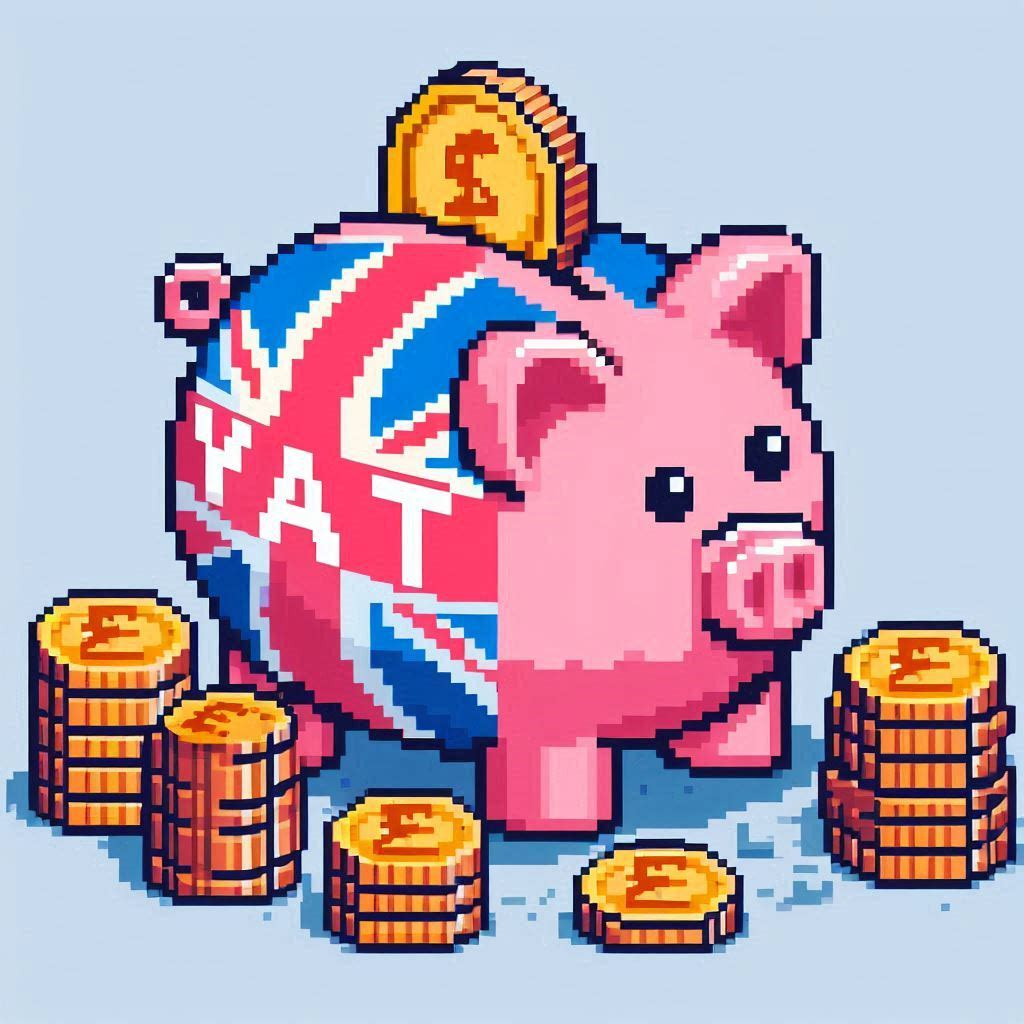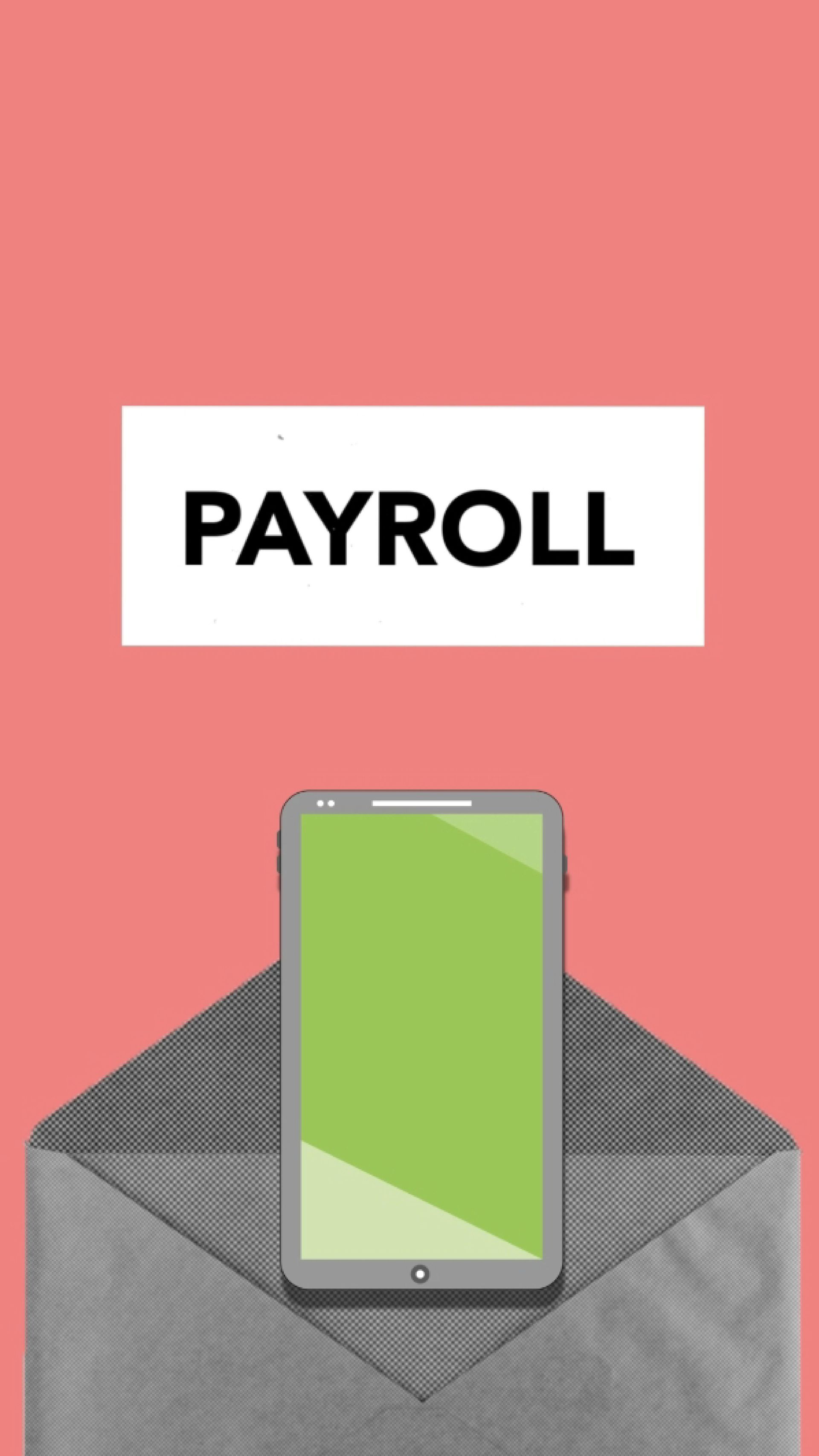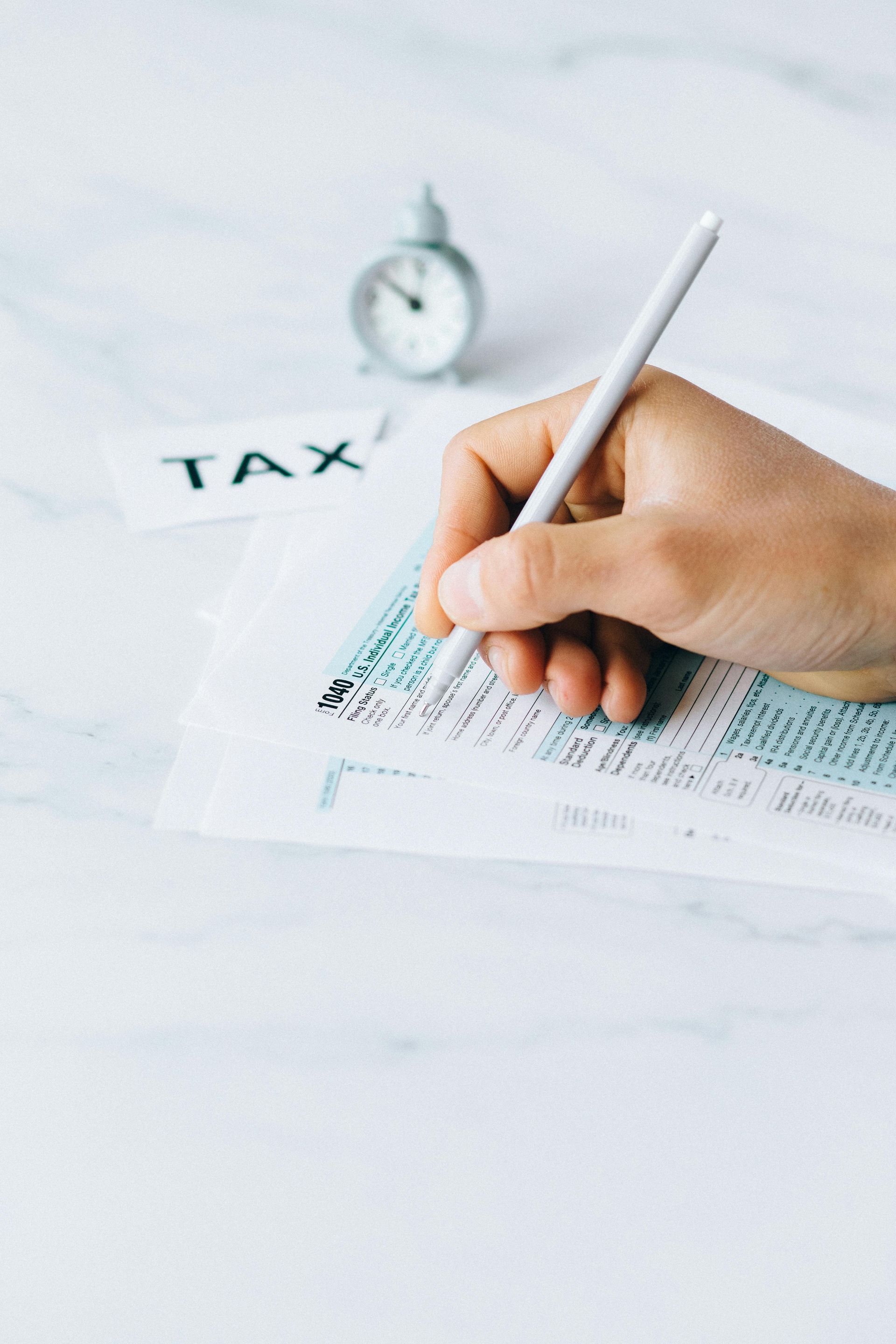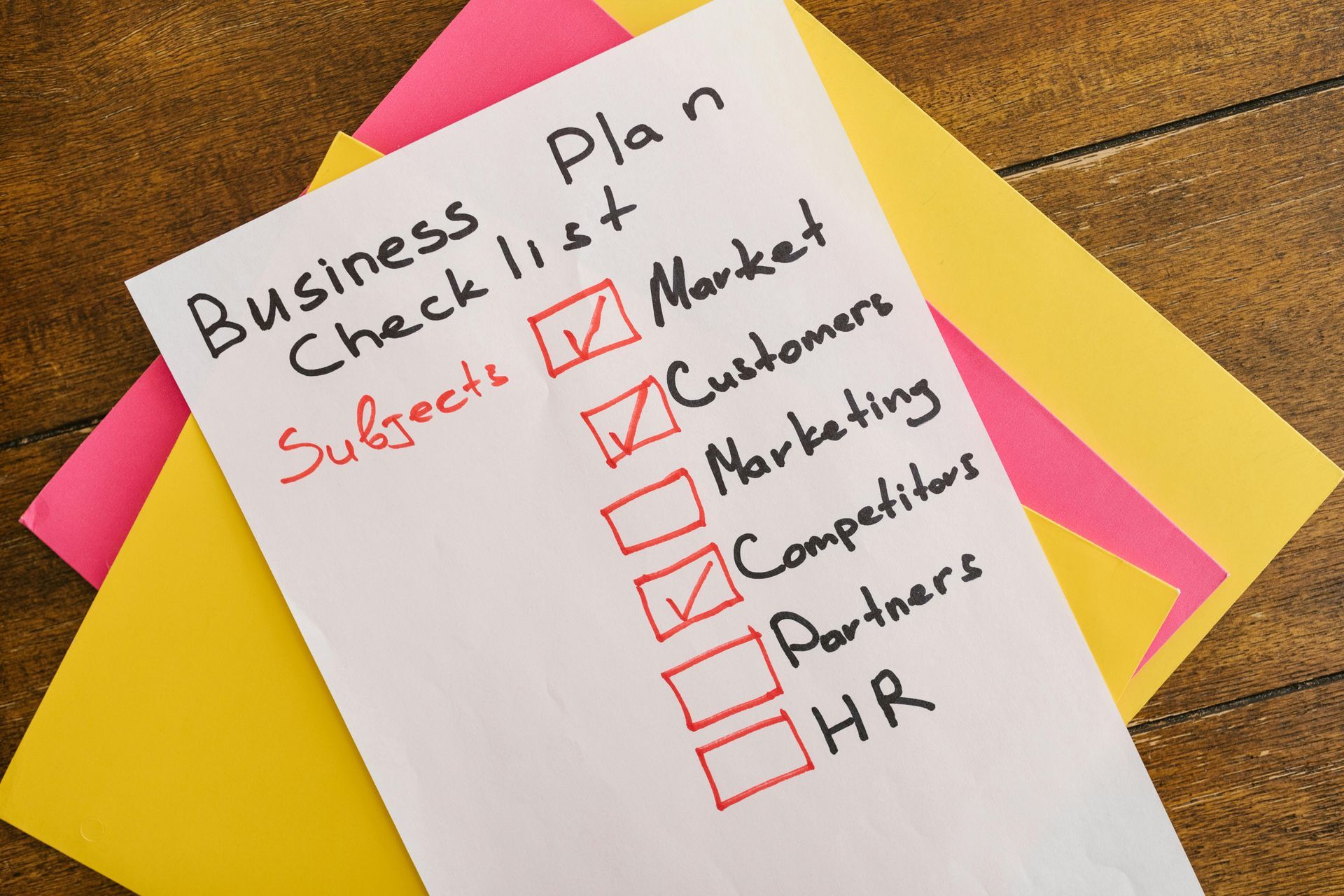Navigating VAT
Understanding VAT

Let’s delve into the world of VAT (Value Added Tax) and explore its implications for startup companies. 🌟
What is VAT?
VAT is a consumption tax levied on the value added at each stage of production or distribution. Businesses collect VAT from customers on their sales and remit it to the tax authorities. Conversely, they can reclaim VAT paid on their purchases.
VAT Registration Threshold
In the UK, once your business’s taxable turnover exceeds £85,000 (as of 2022), you must register for VAT. However, understanding the advantages and disadvantages before reaching this threshold is crucial.
Advantages of Being VAT Registered
- Reclaim VAT: As a VAT-registered business, you can reclaim VAT on eligible purchases. This means you get back 20% of the cost of goods and services, improving your cash flow.
- Improved Credibility: VAT registration signals that your company is legitimate and established. It can boost your credibility when bidding for contracts or seeking new clients.
- Appear Bigger: Being VAT registered may make your business appear larger and more professional, potentially attracting more customers.
Disadvantages of Being VAT Registered
- Rules and Regulations: VAT registration comes with additional administrative responsibilities. You must adhere to VAT rules, deadlines, and reporting requirements.
- Cash Flow Management: Managing cash flow becomes critical. You collect VAT from customers but pay it to HMRC. Timing matters.
- Perceived Cost: Some customers may perceive VAT-registered businesses as more expensive due to the added tax.
- Mistakes and Inspections: Errors in VAT returns can lead to HMRC inspections and penalties.
Let's explore the various VAT return schemes available for businesses in the UK:
- VAT Flat Rate Scheme:
- Eligibility: Available to businesses with an annual taxable turnover (excluding VAT) of £150,000 or less.
- Criteria: Your turnover determines the flat rate percentage you apply to your gross turnover for VAT calculations.
- Advantages:
- Simplified Calculations: You apply a fixed flat rate percentage to your gross turnover, simplifying VAT calculations.
- Cash Flow Benefit: You keep the difference between the flat rate and the actual VAT collected, improving cash flow.
- Reduced Administration: Less paperwork compared to standard VAT accounting.
- Disadvantages:
- Limited Reclaim: You cannot reclaim VAT on purchases (except for capital assets over £2,000).
- Fixed Rate: The flat rate percentage may not accurately reflect your actual VAT liability.
- Less Flexibility: Limited ability to adjust VAT payments based on specific circumstances.
2. VAT Annual Accounting Scheme:
- Eligibility: Businesses with an annual VAT taxable turnover of £1.35 million or less.
- Criteria: File only one VAT return annually, simplifying administration.
- Advantages:
- Reduced Frequency: File only one VAT return annually, reducing administrative burden.
- Predictable Payments: Regular fixed payments throughout the year, aiding budgeting.
- Time Savings: Less frequent reporting means more time for your business.
- Disadvantages:
- Infrequent Reporting: Annual returns mean less visibility into your business’s financial position.
- Potential Overpayment: Fixed payments may lead to overpaying VAT if your turnover fluctuates significantly.
- Delayed Adjustments: Adjustments are made only at the end of the year.
3. VAT Cash Accounting Scheme:
- Eligibility: Open to any VAT-registered business.
- Criteria: Pay VAT to HMRC when your customers pay you, improving cash flow.
- Advantages:
- Improved Cash Flow: Pay VAT only when your customers pay you, easing cash flow management.
- Reduced Risk: No need to pay VAT on unpaid invoices.
- Simplicity: Fewer transactions to account for.
- Disadvantages:
- Complexity: Tracking payments from customers can be challenging.
- Eligibility Threshold: Not suitable for businesses with high credit sales.
- Limited Use: Not applicable to certain industries or situations.
4. VAT Retail Schemes (for retail businesses or sellers of second-hand goods):
- Eligibility: Retailers and businesses selling second-hand goods.
- Criteria:
- Point of Sale Scheme: Record VAT at the time of sale.
- Apportionment Scheme: Pay VAT based on value added to goods.
- Direct Calculation Scheme: Calculate VAT once with each VAT return .
- Advantages:
- Point of Sale Scheme: Immediate VAT calculation simplifies record-keeping.
- Apportionment Scheme: Fairly allocates VAT based on value added.
- Direct Calculation Scheme: Streamlined process for retailers.
- Disadvantages:
- Specific to Retail: These schemes are tailored for retail businesses and may not suit other sectors.
- Record-Keeping Burden: Detailed records are necessary for accurate VAT calculations.
- Potential Complexity: The Apportionment Scheme requires careful tracking of value added.
Non-compliance with VAT rules can lead to penalties. Here are some key points:
- Late VAT Returns:
- Failing to submit accurate VAT returns on time may result in fines.
- The penalty continues to grow during the surcharge period until the VAT obligation is met.
2. MTD for VAT (Making Tax Digital):
- In the first 12 months of MTD for VAT, HMRC generally doesn’t impose penalties for non-compliance.
3. After accumulating a certain number of points, an automatic financial penalty of £200 applies. The threshold varies based on submission frequency.
4. Suspension of VAT Number:
- Some European countries suspend a business’s VAT number if they repeatedly pay VAT late.
- During suspension, charging or reclaiming VAT becomes impossible until outstanding VAT is settled.
Avoiding common VAT return mistakes is crucial for accurate accounting. Here are some pitfalls to watch out for:
- Non-standard supplies: Overlooking or misapplying VAT treatment for one-off transactions (e.g., property letting, recharges, barter deals).
- Services from abroad: Remember to account for VAT on services received from outside the UK in your VAT return.
- Import VAT: Only claim input tax using the C79 certificate issued by HMRC.
- VAT on deposits: Deposits create a tax point; account for VAT output tax correctly.
- VAT on motor cars: Input tax on car purchases is restricted unless the vehicle is “not available” for private use.
- VAT on fuel: Recover input tax only for business-exclusive fuel usage.
- Incorrect data entry: Ensure accurate figures for output and input tax.
- Not retaining evidence: Keep receipts and records to support VAT claims.
- Reclaiming VAT on entertainment costs: Be cautious; not all entertainment expenses are claimable.
- Incorrectly recording reverse charge VAT: Understand and apply reverse charge rules correctly.
While VAT registration offers benefits, consider your business’s specific circumstances. Weigh the pros and cons to make an informed decision. Remember, once you cross the threshold, VAT registration becomes mandatory. 📊🔍









